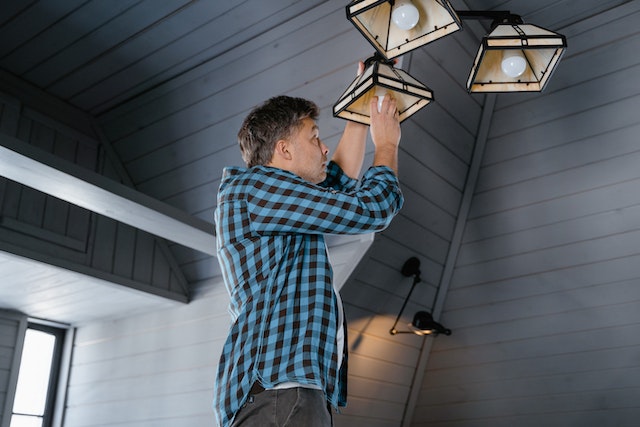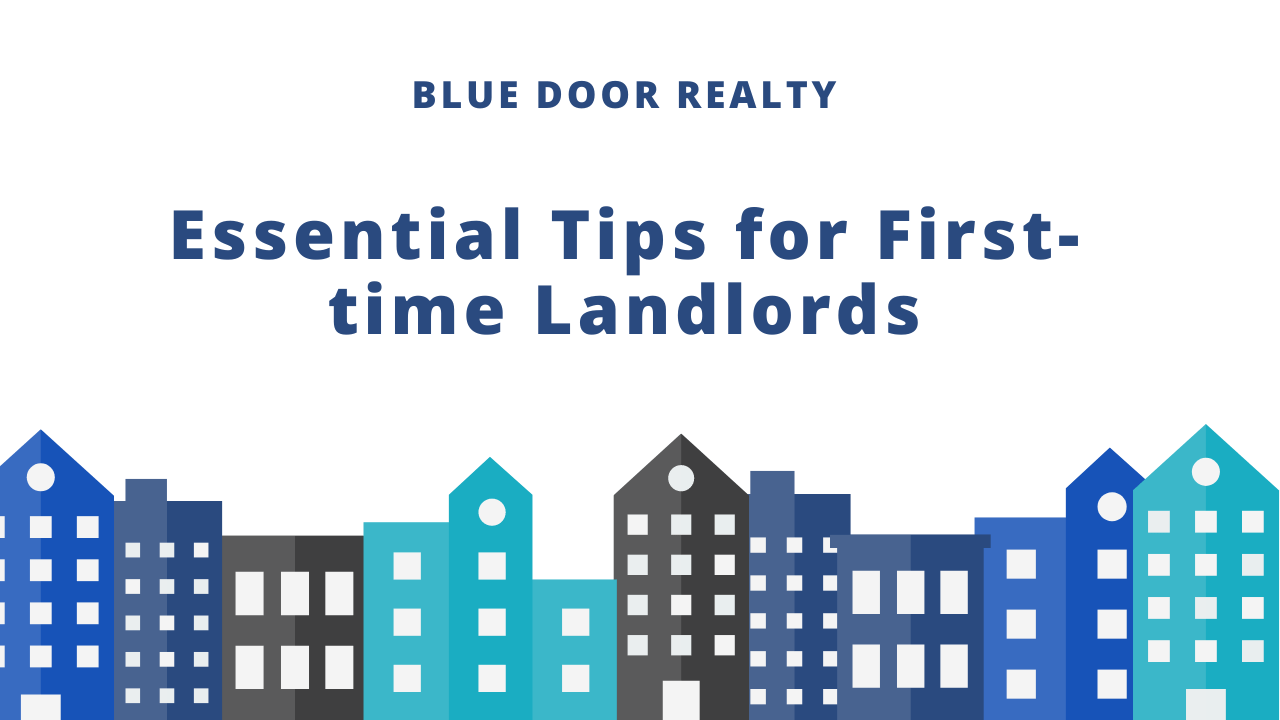Becoming a first-time landlord can be an exciting but daunting endeavor. Whether you’re venturing into property investment as a long-distance landlord or renting out a portion of your own home, being a landlord requires knowledge, organization, and effective communication skills.
To help you navigate your new role successfully, we have compiled a list of 25 essential tips for first-time landlords:
1. Know and Understand Landlord-Tenant Laws
Educate yourself on local, state and national landlord-tenant laws to ensure you’re fully aware of your rights and responsibilities. Familiarize yourself with regulations related to rent control, eviction processes, security deposits, and fair housing.
2. Screen Potential Tenants
Thoroughly screen prospective tenants by conducting background checks, verifying income, and contacting references. This helps ensure you select reliable tenants who will treat your property respectfully and pay rent on time.
3. Create a Comprehensive Lease Agreement
Develop a detailed lease agreement that outlines all pertinent information, including rent due dates, security deposit policies, pet policies, and maintenance responsibilities. A well-crafted lease agreement protects landlords and tenants, minimizing potential conflicts between these parties.
4. Set Competitive Rental Rates
Conduct market research to determine competitive rental rates in your area. Pricing your property appropriately will attract potential tenants and ensure a steady income flow.
5. Maintain the Property
Regular maintenance is crucial for keeping your rental property in good condition.

Respond promptly to repair requests and conduct periodic inspections to address issues before they escalate.
6. Consider Property Insurance
Invest in landlord insurance to protect yourself from potential liabilities, such as property damage, legal disputes, or accidents on your premises. Standard homeowner’s insurance may not provide adequate coverage for rental properties.
7. Properly Handle Security Deposits
Adhere to legal requirements regarding security deposits, including proper handling, documentation, and timely returns. Clearly communicate any deductions and keep accurate records.
8. Establish Clear Communication Channels
Maintain open and clear lines of communication with your tenants. Respond promptly to inquiries or concerns and establish preferred methods of contact during the lease signing.
9. Build a Reliable Network of Contractors
Develop relationships with trusted contractors, including plumbers, electricians, and handypersons, who can promptly address maintenance issues as they arise. This network will save you time and ensure repairs are handled efficiently.
10. Implement Rent Collection Strategies
Set clear expectations regarding rent collection methods and due dates. Communicate consequences for late payments with your tenants and enforce them consistently.
11. Familiarize Yourself with Tax Deductions
Understand the tax deductions available to landlords, such as property management fees, repairs, insurance premiums, and depreciation. Learning about 1031 exchanges is also beneficial.
12. Be Mindful of Fair Housing Laws
Ensure you comply with fair housing laws to avoid discrimination based on factors such as race, religion, gender, or disability. Familiarize yourself with local regulations to provide equal opportunities for all potential tenants.
13. Keep Thorough Records
Maintain meticulous records of all documents and transactions, including lease agreements, rent payments, repairs, and communications with tenants.

This documentation will be invaluable in case of interpersonal disputes or legal issues.
14. Plan for Vacancies
Be financially prepared for periods when your property is vacant. Set aside funds to cover mortgage payments, maintenance costs, and other expenses during these times.
15. Establish Emergency Protocols
Create an emergency plan that includes contact information for local emergency services and details about how to handle urgent repairs or tenant emergencies.
16. Respect Tenant Privacy
Respect your tenants’ privacy rights by providing appropriate notice before entering the property for inspections or repairs unless an emergency situation requires immediate attention.
17. Stay Updated on Market Trends
Continuously educate yourself about local real estate market trends and rental demand shifts. This knowledge will help you make informed decisions regarding rental rates and property improvements.
18. Join Landlord Associations
Consider joining local or national landlord associations to network with experienced landlords, access resources, and stay updated on industry news and best practices.
19. Enhance Property Security
Invest in adequate security measures such as robust locks, outdoor lighting, and, if necessary, security systems. Prioritize the safety of your tenants and property.
20. Evict Responsibly and Legally
If eviction becomes necessary, follow legal procedures meticulously. Ensuring you adhere to local laws and regulations to protect your interests and those of your tenants is crucial during evictions.
21. Be Responsive to Tenant Concerns
Promptly address tenant concerns and repair requests. Effective communication and timely resolutions can help maintain a positive landlord-tenant relationship and prevent minor issues from escalating into major problems.
22. Understand Local Rent Control Laws
In areas with rent control laws, make sure you fully understand and comply with the regulations. Familiarize yourself with the allowable rent increase limits, tenant rights, and any additional requirements specific to your location.
23. Create a Pet Policy
Establishing a pet policy is crucial to protect your property and maintain a harmonious living environment for all tenants.

Decide whether you will allow pets. Outline any restrictions, such as weight limits, required vaccinations, and details on pet deposits or monthly pet fees in the lease agreement.
24. Foster Positive Tenant Relationships
Build positive relationships with your tenants by fostering open communication, treating them with respect, and addressing their concerns promptly. A good landlord-tenant relationship can lead to longer tenancies and a higher level of care for your property.
25. Consider Hiring a Property Manager
If you find the responsibilities of being a landlord overwhelming or need more time or expertise to handle property management tasks, consider hiring a professional property manager! They can handle tenant screening, rent collection, maintenance coordination, and other day-to-day tasks, allowing you to focus on other aspects of your life or growing investment portfolio.
Conclusion
Embarking on your journey as a first-time landlord can be a rewarding experience with the right knowledge and preparation. By following these 25 essential tips, you’ll be better equipped to manage your property, build positive tenant relationships, and navigate the challenges that arise along the way!
Remember, being a successful landlord requires ongoing learning and adaptability, so stay open to new information and continuously strive to improve your skills in this role. When in doubt, it’s best to partner with a reputable property manager.
Reach out to Blue Door Realty today, and we’ll be happy to assist you!

